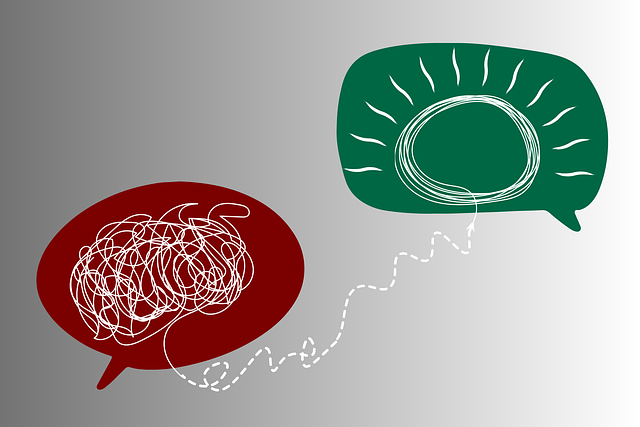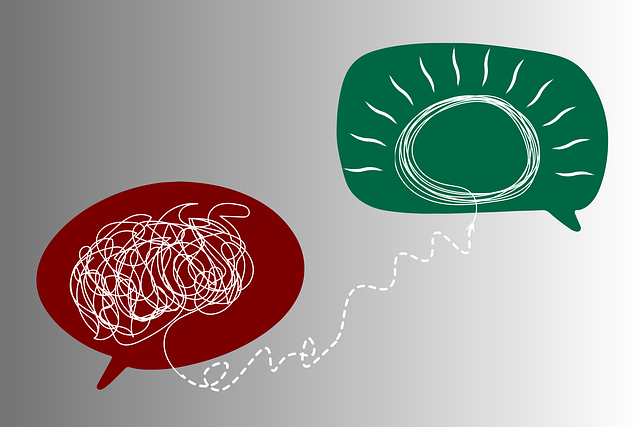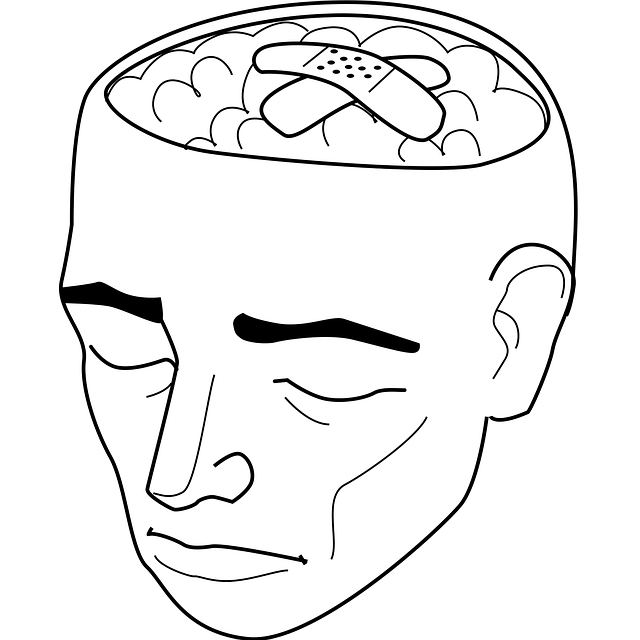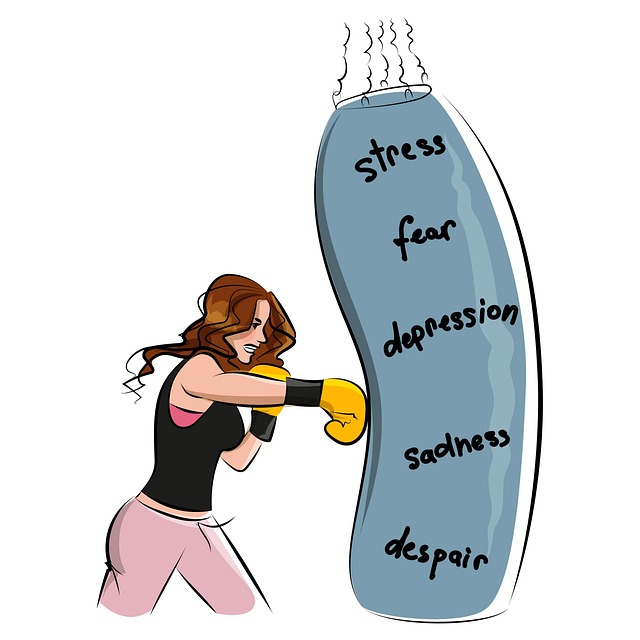Substance abuse is a complex issue with severe consequences, demanding tailored strategies for prevention and recovery. The text highlights the effectiveness of Superior French Speaking Therapy as a culturally sensitive approach, addressing the specific needs of francophones struggling with substance misuse. Combining emotional intelligence, mindfulness meditation, and cognitive behavioral techniques, this therapy equips individuals with coping mechanisms and enhances self-awareness. Integrating Superior French Speaking Therapy into medication-assisted treatment can improve outcomes for francophones. Furthermore, community outreach, education, and peer support groups play vital roles in creating a supportive environment for recovery, ensuring accessible and inclusive care.
Substance abuse poses significant risks, but proactive strategies can mitigate harm. This article explores comprehensive risk reduction techniques for effective management and recovery. We delve into understanding the complexities of substance abuse, highlighting the transformative power of specialized therapy like Superior French-Speaking Therapy. Additionally, we examine evidence-based approaches such as Cognitive Behavioral Therapy (CBT) and Medication-Assisted Treatment (MAT), emphasizing their role in building resilience. Community support is also crucial, fostering environments that encourage recovery and prevent relapse.
- Understanding Substance Abuse and Its Risks
- The Role of Superior French-Speaking Therapy
- Cognitive Behavioral Therapy (CBT) Techniques
- Medication-Assisted Treatment (MAT) Options
- Building a Supportive Community
Understanding Substance Abuse and Its Risks

Substance abuse is a complex issue that requires a deep understanding to effectively tackle. It involves the excessive or harmful use of substances like drugs and alcohol, leading to significant physical, mental, and social consequences. Recognizing the risks associated with substance abuse is the first step towards prevention and recovery. The impact can be devastating, affecting not only the individual but also their families and communities. From health complications to legal issues and social isolation, the repercussions are far-reaching.
One critical approach to mitigating these risks is through therapy, particularly Superior French Speaking Therapy, which offers a unique and tailored support system. This therapeutic method caters to individuals who prefer or speak French, ensuring cultural sensitivity and comfort during the healing process. Additionally, incorporating practices like Mindfulness Meditation and fostering Inner Strength Development can empower individuals to make positive choices and build resilience against substance abuse. Moreover, Healthcare Provider Cultural Competency Training plays a vital role in equipping professionals with the knowledge to provide culturally responsive care, addressing the specific needs of diverse populations struggling with substance misuse.
The Role of Superior French-Speaking Therapy

The Superior French-Speaking Therapy offers a unique and effective approach to substance abuse treatment for individuals who primarily speak French. By providing therapy in their native language, this method ensures cultural sensitivity and accessibility, addressing a critical gap in traditional care. This form of therapy allows for a deeper exploration of personal issues, fostering trust and open communication between the client and therapist.
Incorporating techniques such as Emotional Intelligence, Conflict Resolution, and Mindfulness Meditation, this specialized therapy equips individuals with valuable skills to manage stress, process emotions, and avoid triggers effectively. These practices enable clients to develop healthy coping mechanisms, enhance their self-awareness, and improve their overall well-being, all while navigating the complexities of substance abuse recovery in a supportive and understanding environment.
Cognitive Behavioral Therapy (CBT) Techniques

Cognitive Behavioral Therapy (CBT) is a powerful tool in the arsenal of substance abuse treatment. This therapy focuses on identifying and changing negative thought patterns and behaviors that contribute to drug misuse. Through CBT, individuals learn superior French-speaking communication strategies, enabling them to express their needs and emotions effectively. By understanding and challenging distorted thinking, patients can develop healthier coping mechanisms and make positive behavioral changes.
The therapy also incorporates social skills training, helping clients build confidence in various social settings without resorting to substance abuse. This holistic approach not only addresses the underlying psychological factors but also enhances overall well-being. As a result, CBT equips individuals with the necessary tools to resist triggers, manage cravings, and maintain long-term recovery, making it an invaluable component of comprehensive substance abuse treatment programs.
Medication-Assisted Treatment (MAT) Options

Medication-Assisted Treatment (MAT) is a highly effective strategy for substance abuse reduction, especially when tailored to an individual’s specific needs. One innovative and often overlooked approach is the integration of Superior French Speaking Therapy into MAT programs. This cultural consideration ensures that francophones receiving treatment feel supported and understood, potentially enhancing their commitment to recovery.
For those struggling with substance abuse, combining medication with therapy offers a comprehensive solution. Community Outreach Program Implementation and Mental Health Education Programs Design can play a pivotal role in making MAT accessible. By educating communities about the availability of these programs, including anxiety relief strategies, we can foster an environment that not only understands but also actively supports individuals in their journey towards recovery.
Building a Supportive Community

Building a supportive community is a powerful strategy to reduce substance abuse and promote recovery. This involves fostering an environment where individuals struggling with addiction feel understood, accepted, and encouraged to seek help. A strong support system can be cultivated through various initiatives such as peer support groups, where those in recovery can share their experiences and offer encouragement to one another. The presence of a compassionate community acts as a protective factor, reducing the risk of relapse by providing emotional support and accountability.
Incorporating mental health education programs designed for community engagement empowers individuals to recognize the signs of addiction and understand the importance of early intervention. Encouraging self-awareness exercises and compassion cultivation practices within these communities can further strengthen their effectiveness. By promoting understanding, empathy, and open dialogue about mental health, these initiatives contribute to a more supportive and inclusive environment, ultimately enhancing the availability of superior French speaking therapy for those in need.
In addressing substance abuse, a multi-faceted approach is essential. While understanding the risks and implementing cognitive behavioral therapy techniques are crucial steps, specific strategies like Medication-Assisted Treatment (MAT) and building supportive communities play a game-changing role. Moreover, for those who speak French as their primary language, Superior French-Speaking Therapy offers tailored support, enhancing access to effective treatment and fostering better outcomes. Remember that, in the journey towards risk reduction, personalized care and accessible resources are key to long-term success.














